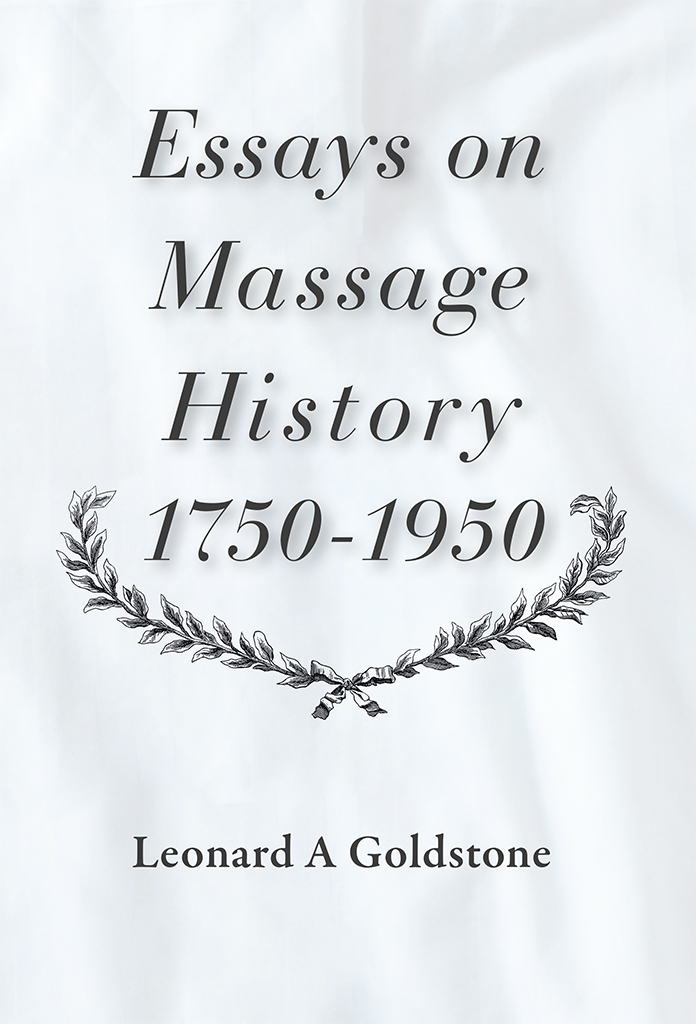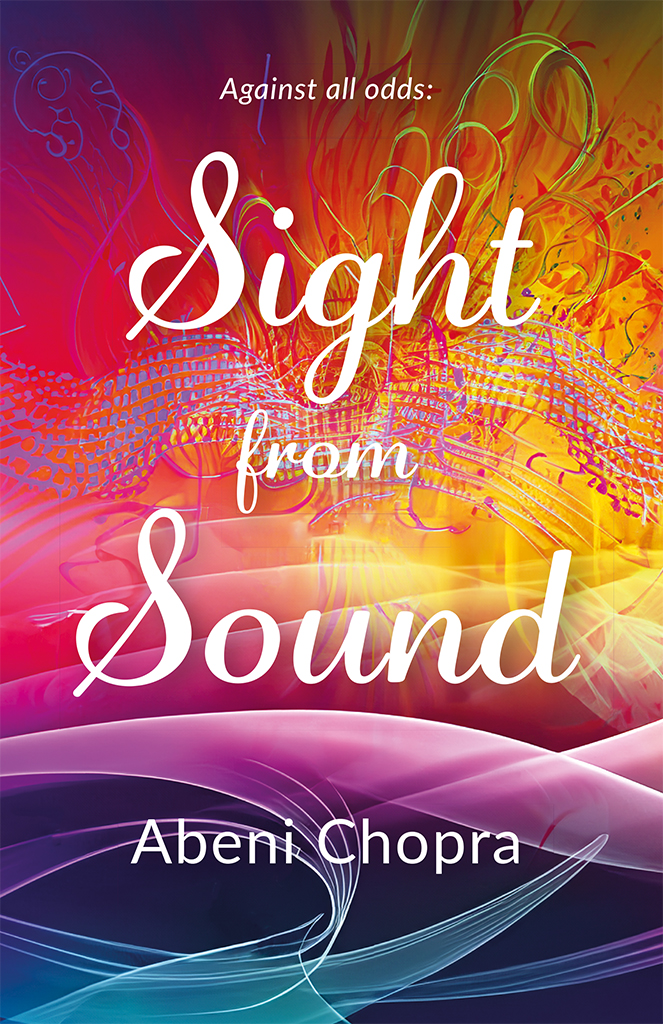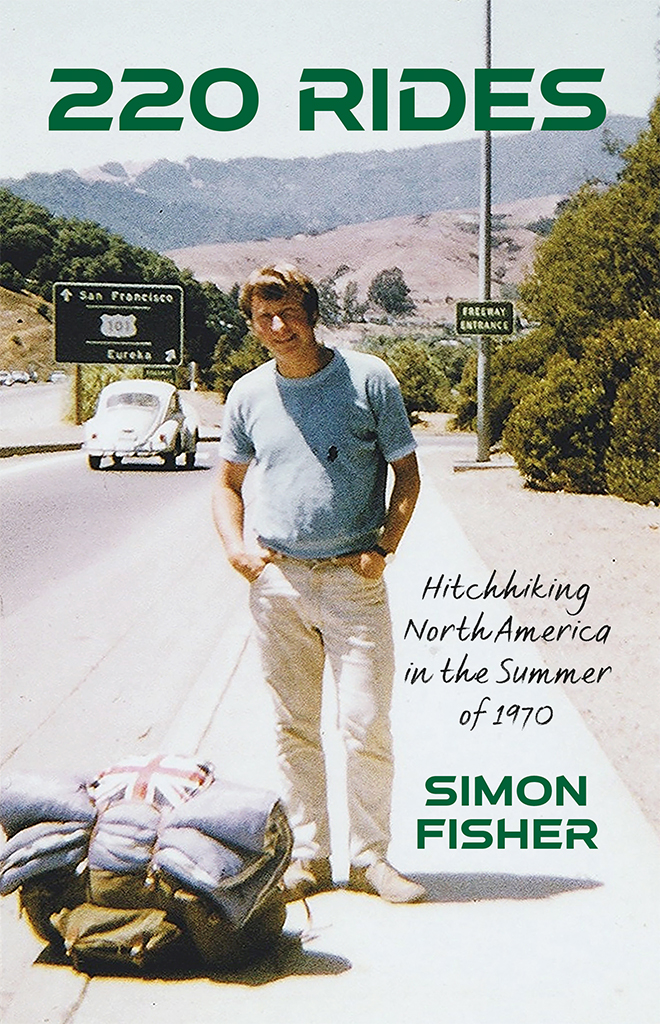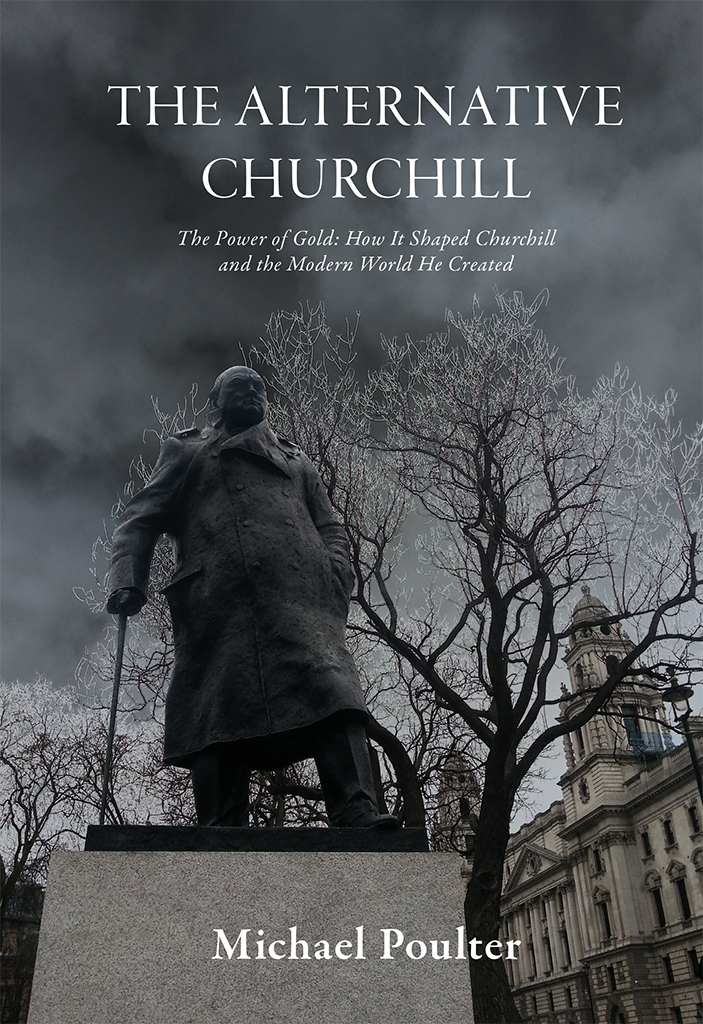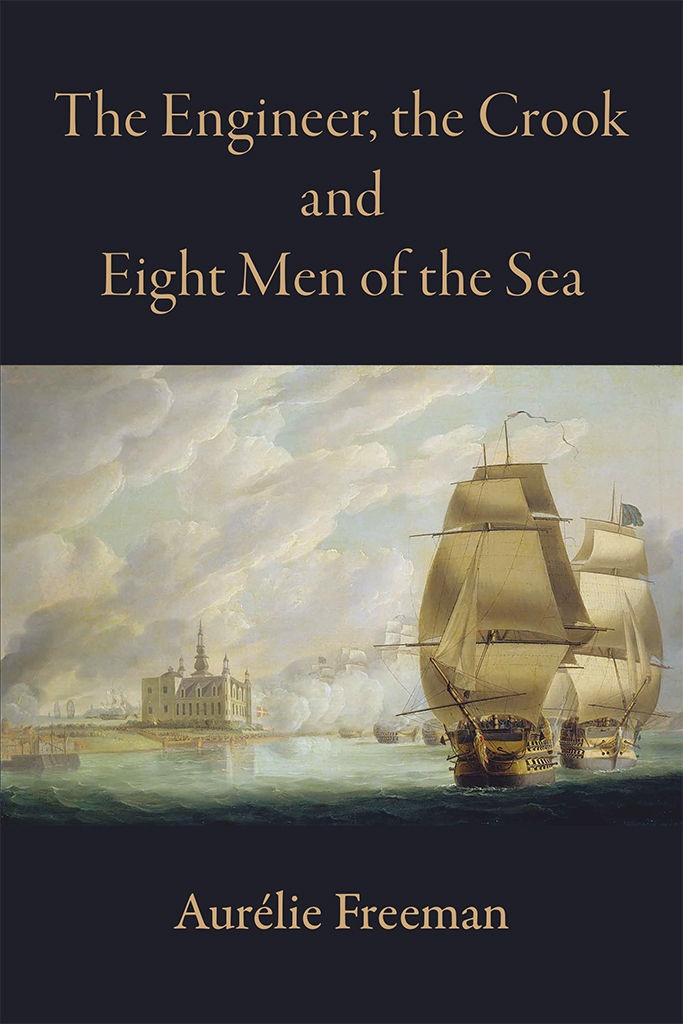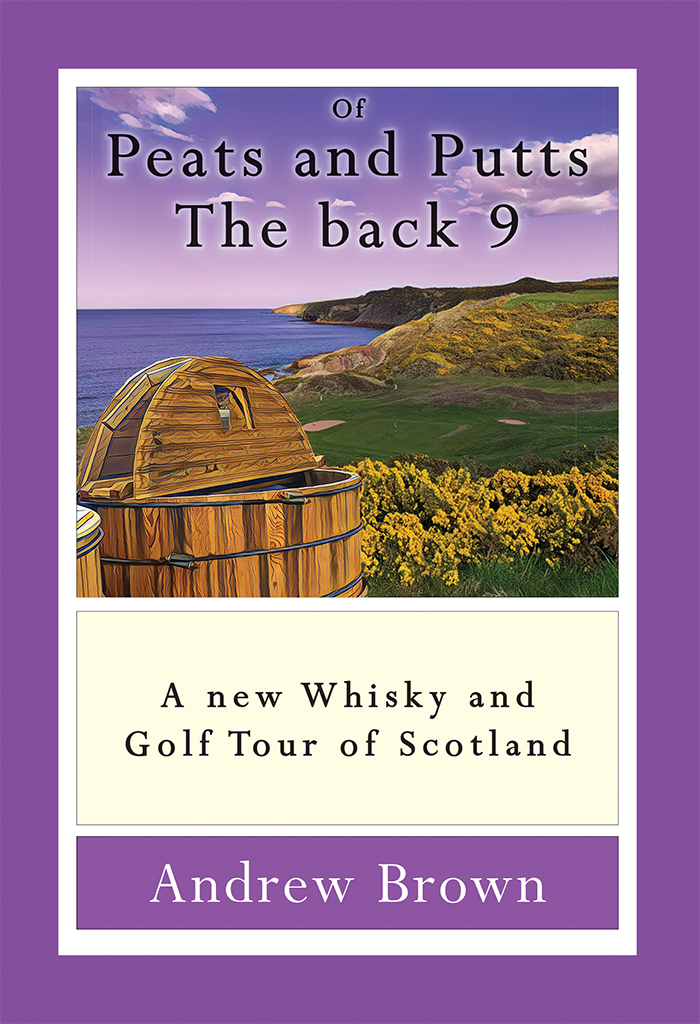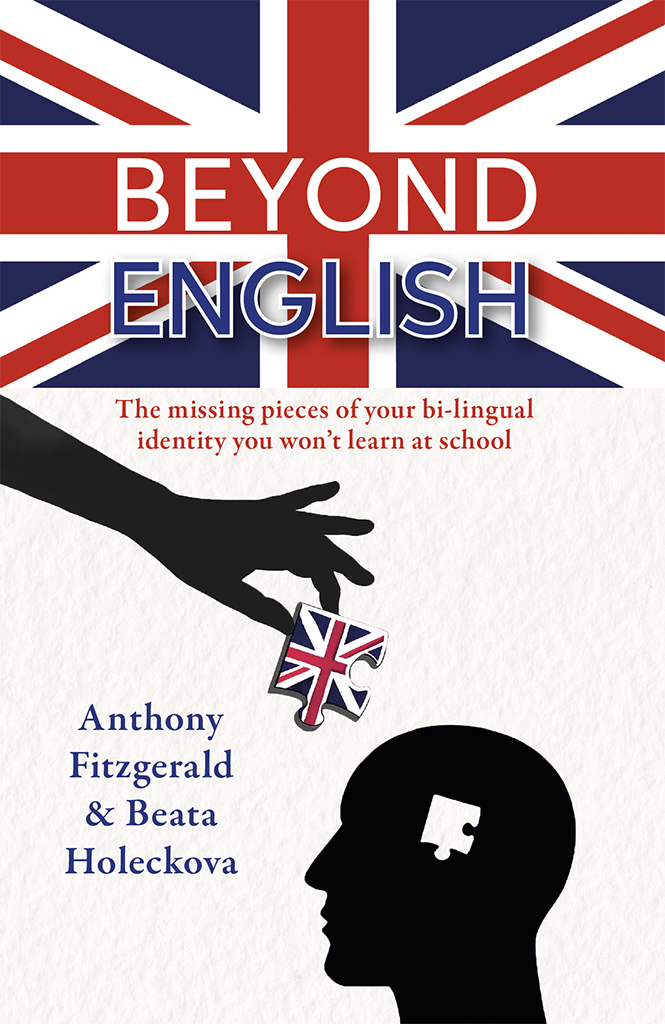
|
|
|
Beyond English The Missing Pieces of Your Bilingual Identity You Won't Learn at School by Anthony Fitzgerald & Beata Holeckova Mastering English is complicated. Students from many different countries admit that whilst making great progress with learning the English language, they still do not understand English people completely. The hidden meanings, unwritten rules, nuances and humour really confuse them. If you wish to uncover the missing pieces that traditional education overlooks, this insightful guide will take you on a journey beyond textbooks. Anthony Fitzgerald and Beata Holeckova offer a unique exploration of English language and culture to make it easier for you to understand the English, enjoy their ways, and communicate with greater depth and proficiency. A must-read for learners eager to bridge the gap between academic knowledge and authentic communication. Anthony Fitzgerald has been involved with language for a lifetime. He started as an advertising copywriter and continued with his own advertising agency. He worked for Time Magazine with postings all over the world for nearly twenty years and has now become an Executive Coach to help people with their careers and their lives. Anthony has written English commercially for fifty years and has lived in seven different countries, sold in over forty countries and visited at least eighty countries. He’s had to adapt his speaking and writing to suit audiences all over the world. Beata Holeckova is an educational entrepreneur, an experienced and successful teacher of English as a second language, and a neuro-encoding specialist. Originally from former Czechoslovakia, Beata started taking language classes in English aiming to become fluent. After an eye-opening year in the UK in 1995 she emerged with near fluency and clear that English was her passion. She began her English-teaching career in 2000 and has since worked with groups of multinational students of all abilities, ages and levels of skill. Her mission is to empower non-native English learners, enabling them to master the language, and forge a new, bilingual identity. |
